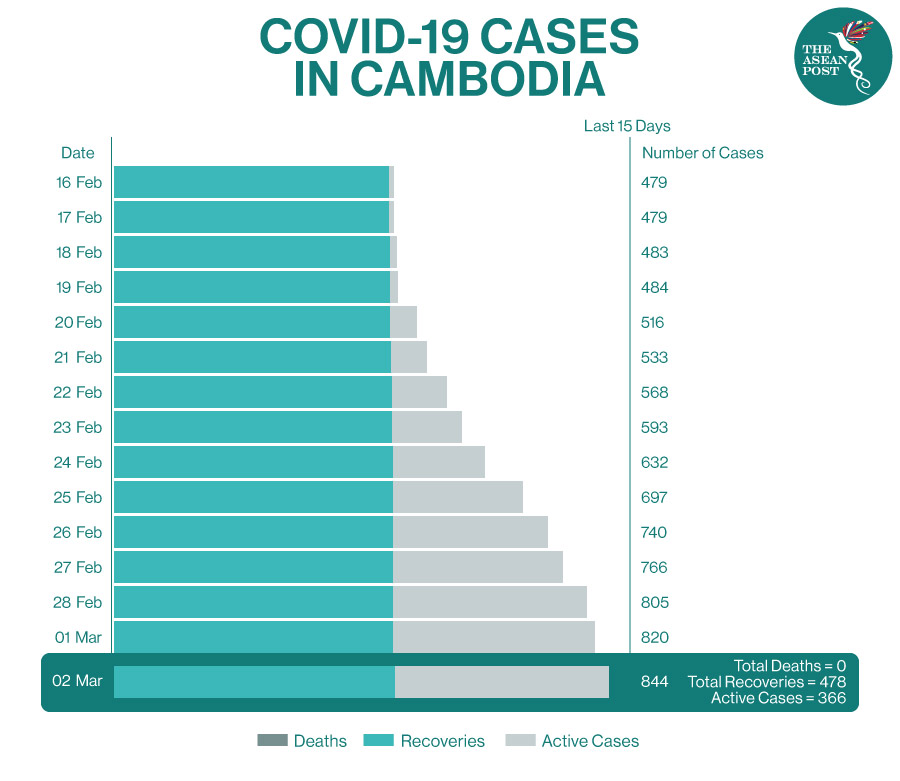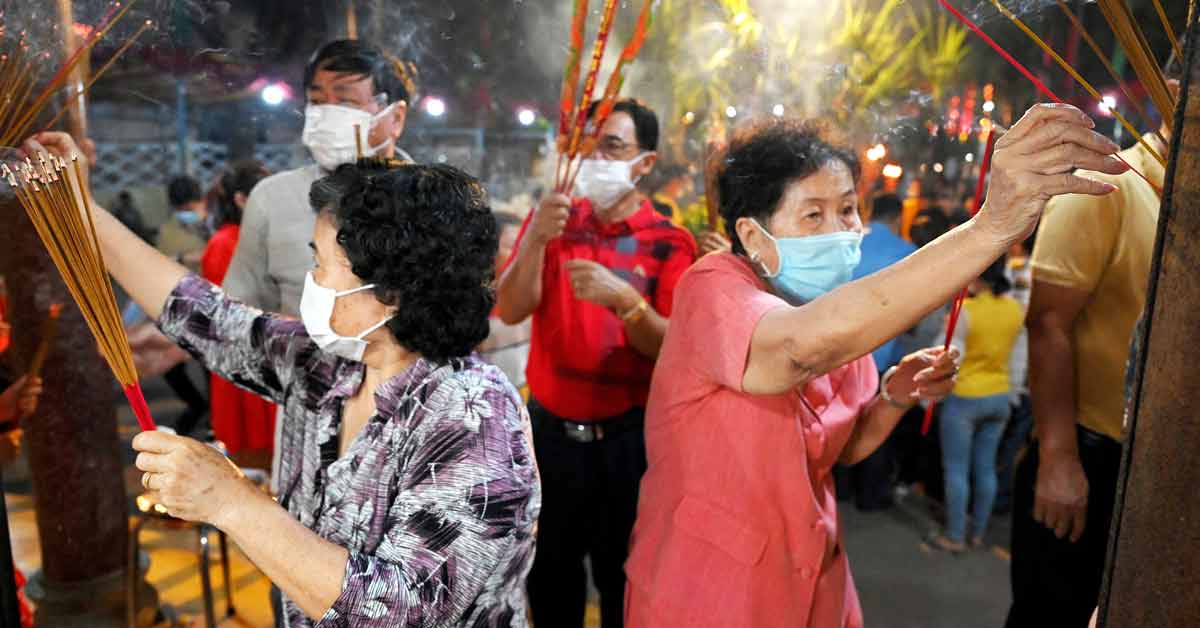When the novel coronavirus first emerged in Wuhan, China – the unknown and new virus was initially referred to as the “Wuhan virus” or “China virus.” Outbreaks have always been associated with places and regions, such as the Spanish Flu and the Middle East Respiratory Syndrome (MERS). Nevertheless, many are unaware of the repercussions of associating a country with a disease.
The COVID-19 pandemic has triggered a wave of anti-Chinese sentiment across regions, including in the Americas and Southeast Asia. Former United States (US) president, Donald Trump used the term “China virus” even after an official name was given to the disease. He also urged his supporters not to call it coronavirus, saying that “Corona sounds like a place in Italy, a beautiful place. It’s Corona? No. It’s the China virus.”
In the past two weeks, the US has seen a number of violent attacks against elderly Asian Americans, raising concerns of anti-Asian racism amid the pandemic. One of the cases involved an 84-year-old Thai grandfather, Vicha Ratanapakdee, who was brutally shoved to the ground while walking in San Francisco.
Unfortunately, Ratanapakdee later died from his injuries, prompting viral hashtags #JusticeForVicha and #AsiansAreHuman on social media.
According to the Stop AAPI Hate reporting centre, more than 2,100 hate incidents targeting Asian Americans related to the coronavirus were reported between March and June of 2020.
Other than combatting the health crisis, the world is also currently battling xenophobia, anti-Asian racism, Sinophobia, and discrimination which have escalated following the COVID-19 outbreak.
Hostility against Chinese people can also be seen evidently in Southeast Asia amid the pandemic.
In the early months when the coronavirus had just arrived in the region, some businesses in Thailand were reported to have refused to accept Chinese customers. Whereas in Bukittingi, on the island of Sumatra, Indonesia, several hundred people marched to a Novotel hotel to demand that Chinese tourists return home.
February 20 Community Event
On Saturday, 20 February, 2021, Cambodia confirmed a new community COVID-19 outbreak in its capital city, Phnom Penh.
Prior to that, the kingdom reported fewer than 500 infections related to the disease. But, in just over a week, the tally had risen sharply, with 844 total cases reported this morning.

This comes after several Chinese nationals fled quarantine from a five-star hotel for a night out. Media reports stated that at least two women went on a partying spree at numerous nightclubs and visited their friends. They later tested positive for COVID-19 after being caught. The incident has since been dubbed the “February 20 Community Event.”
Of the 844 confirmed cases in Cambodia since the pandemic began, 340 are related to the new community outbreak. Many of those infected in that cluster are Chinese nationals.
According to Hun Sen, Cambodia’s Prime Minister, it was the third community COVID-19 outbreak in the kingdom.
"This is the largest-ever local transmission in our country, and is a very bad situation for us," said Hun Sen in a live broadcast.
This has led to increased prejudices and castigation against the Chinese community in Phnom Penh. A news agency quoted local Chinese residents as saying that some Cambodians had started blaming them for the resurgence of infections.
It was reported that there have been cases of Chinese being banned from entering restaurants and other public venues.
"We seldom go out. Many Chinese-owned restaurants and stores suspended their business to avoid possible rumours and attacks,” said Lu, a Chinese resident, adding that the community had to keep a low profile to stay away from trouble.
"It has inadvertently negatively impacted the image of the local Chinese community here," he explained, referring to the February 20 Community Event.
The country has always enjoyed a good relationship with China, with the latter promising one million vaccine doses for 500,000 people in the kingdom.
Nevertheless, the behaviour of some Chinese nationals in Cambodia has come under scrutiny.
Back in August 2020, concerns were raised about six Chinese nationals who initially tested positive for COVID-19 but went missing after the Chinese embassy in Phnom Penh questioned the results. They were then reportedly retested and all the results turned out negative, which one local health worker described “as a result that would be almost impossible to obtain.”
Then in October, a viral video was picked up by local media, showing a state-registered bus allowing just arrived passengers to evade airport quarantine. The video also showed passengers getting off the bus with their luggage, aided by transport staff, outside the airport. These incidents raised questions of preferential treatment for Chinese visitors.
The behaviour of those involved in the February 20 Community Event was criticised by both countries, with the Chinese Embassy in Cambodia urging its residents in the country to adhere to local laws. Cambodian authorities have also decried discrimination against the Chinese in the kingdom.
Related Articles:
